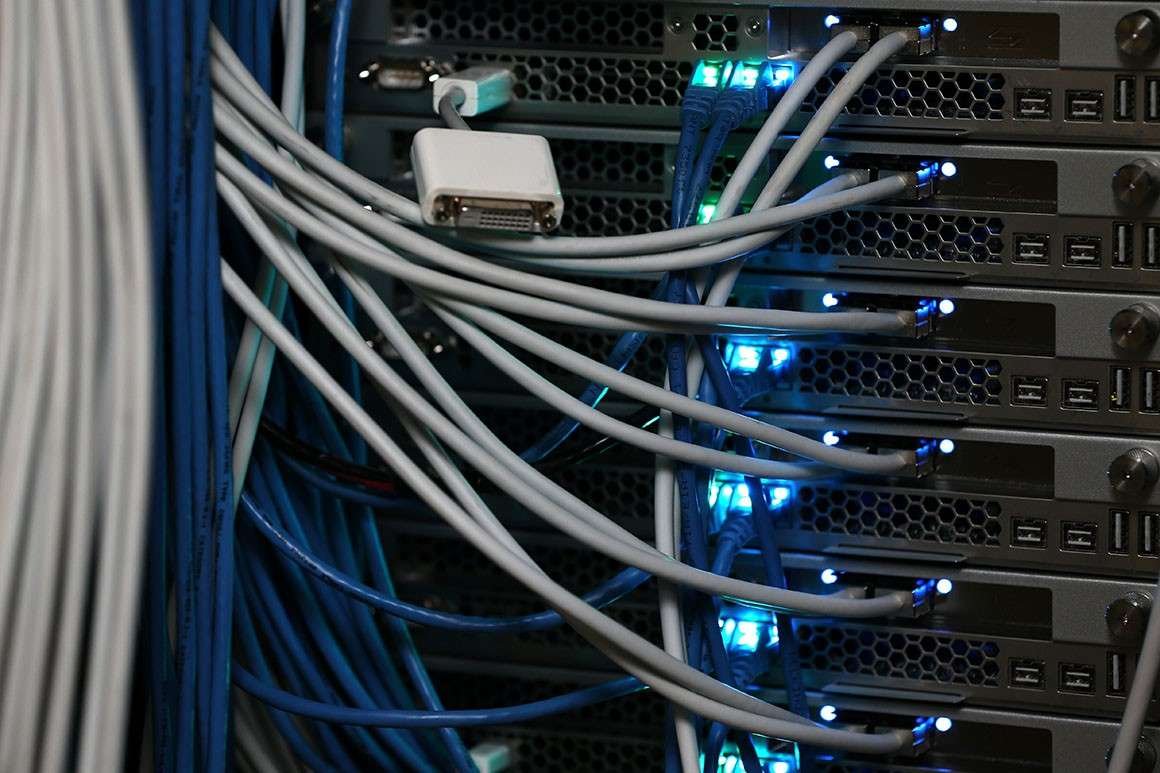Palo Alto Networks has shared its cybersecurity predictions for the EMEA region, with a major focus on the importance of quantum-resistant roadmaps. According to insights from Palo Alto’s CSO team, cybersecurity teams must begin preparing for the growing threat and opportunity posed by quantum computing to future-proof their organizations.
As quantum computing and related risks move into mainstream discussions, businesses will need to prepare for the eventuality of quantum attacks. While practical quantum attacks on widely-used encryption methods are not yet feasible, they are expected to become a reality within the next decade. In 2024, Chinese researchers demonstrated the ability to break classic 50-bit RSA encryptions using a quantum annealing computer, which, while not a cause for immediate concern, further highlights the need for quantum-resistant cryptography.
Palo Alto Networks predicts that in 2025, deploying quantum-resistant algorithms will become a priority for Chief Information Security Officers (CISOs), especially in industries such as financial services and those managing critical national infrastructure. The immediate focus for organizations should be to develop a Quantum-Resistant roadmap, which includes:
- Assessing the risks and mapping self-developed applications and vendor technologies to Post-Quantum Cryptography (PQC) as an urgent requirement.
- Developing a migration strategy to quantum-resistant cryptographic and annealing algorithms, addressing concerns like hardware resource impacts, latency, and key rotations.
- Ensuring that these plans align with c-suite priorities for 2025, such as leveraging quantum technology to optimize energy consumption and reduce carbon emissions through better AI workload management.
These efforts will enable CISOs to educate boards, manage quantum risks effectively, and highlight the potential business benefits of preparing for the quantum future.
Further predictions from Palo Alto Networks include:
- Stricter Cybersecurity Metrics: As AI’s impact on cyberattacks grows, security professionals will need to establish specific metrics and key performance indicators (KPIs) to track progress.
- AI Co-Pilots Reshape Job Roles: The rise of AI-enabled security co-pilots will require cybersecurity job descriptions to be rewritten, with AI playing a larger role in both assisting and automating security tasks.
- Cybersecurity’s Role in Sustainability: As organizations strive to reduce their environmental footprint, cybersecurity professionals will focus on “double wins” — reducing costs while making digital infrastructures more energy-efficient.
- Redefined Compliance: The increasing number of cybersecurity regulations will push organizations to prove the impact of their security efforts, moving beyond policies to real-time evidence and assurance for regulators.















